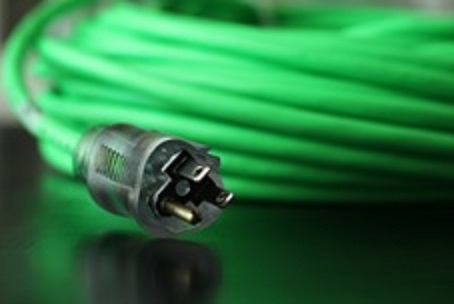Best laid plans to extend the reach of an electrical appliance might just go up in smoke.
Electrical fires due to faulty wiring are one of the most common causes of fires in both homes and buildings. And, they are completely preventable.
Use extension cords only temporarily and with care. Voltage decreases over distance and that can cause overheating in appliances that have minimum voltage requirements. Keep these tips in mind when using them around your home or business.
What to look for
- Cords with a recognized seal of approval from either the Canadian Standards Association (CSA) or Underwriters’ Laboratories of Canada (ULC).
- Extension cords rated appropriately for the appliance
Don’t
- Hang extension cords over nails
- Use an extension cord with a wire size (gauge) smaller than the appliance or tool cord
- Run extension cords under rugs or furniture
- NEVER plug an extension cord into another extension cord
Never use extension cords for high electrical load appliances such as
- Portable heaters
- Refrigerators or freezers
- Portable air conditioners
- Toasters or toaster ovens
- Electric kettles or frying pans
- Microwave ovens
- Swimming pools, hot tubs, or sump pumps
Do you own a farm?
Extension cords are not approved wiring for use on farm fuel tank pumps for diesel or gasoline. Talk to your licensed electrical contractor about installing the appropriate receptacles, permanent wiring and over-current protection required for each specific situation to meet the Ontario Electrical Safety Code.
Want to be sure? Your Broker can help identify some of the risks in your home or business. Give them a call to see if you are covered for fires dues to appliance or electrical equipment breakdown. And, remember to keep your Broker up to date on any changes to your home generally.


